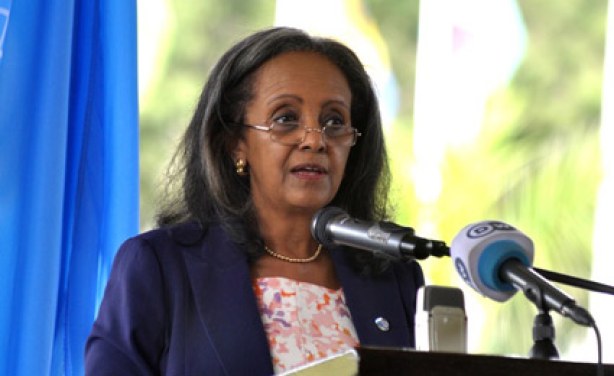In a proactive move, the National Bank of Ethiopia (NBE) has released $175 million into the economy to avert an impending foreign currency crisis. The crisis is linked to fuel-related payments due in the coming months, which could potentially undermine the positive impact of the International Monetary Fund (IMF)-backed financial sector reforms.
Forex Injection to Cover Fuel Imports
The NBE announced on October 3 that the allocated funds are aimed at covering the foreign exchange (forex) needs of the Ethiopian Petroleum Supply Enterprise (EPSE), which is responsible for importing the bulk of fuel and fuel products into the country. These payments relate to import contracts made before Ethiopia began liberalizing its forex market in July 2024.

Forex Reforms Showing Promising Results
NBE Governor Mamo Mihretu highlighted the positive developments resulting from the recent forex reforms, noting a significant reduction in the parallel market premium, which dropped from nearly 100% to below 5% within just two months. This reform has spurred increased exports and remittances, contributing to a stronger forex supply.
“Ethiopia’s foreign exchange reform has shown a very positive start in just a short period of two months,” Mihretu stated. “FX reserves at NBE and at commercial banks have risen to record levels in recent weeks. Today’s sale of $175 million by NBE is part of a comprehensive plan that addresses all fuel-related FX payments for this year while also ensuring improved foreign exchange access and availability for all other economic sectors.”
Economic Challenges Amid Positive Reforms
Despite these promising reforms, Ethiopia continues to grapple with significant macroeconomic challenges, including high inflation, mounting debt, and a shortage of foreign currency. These issues have strained the country’s ability to attract foreign investments, which are vital for economic growth in Africa’s second-most populous nation.
With the release of the $175 million, the Ethiopian government hopes to stabilize the economy and protect the gains made through financial sector reforms, while ensuring the continued availability of fuel and foreign exchange across other critical sectors.
Source: EastAfrica


















